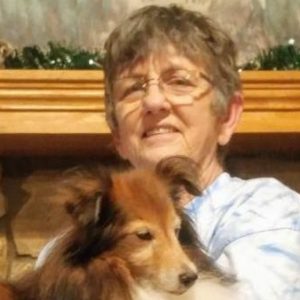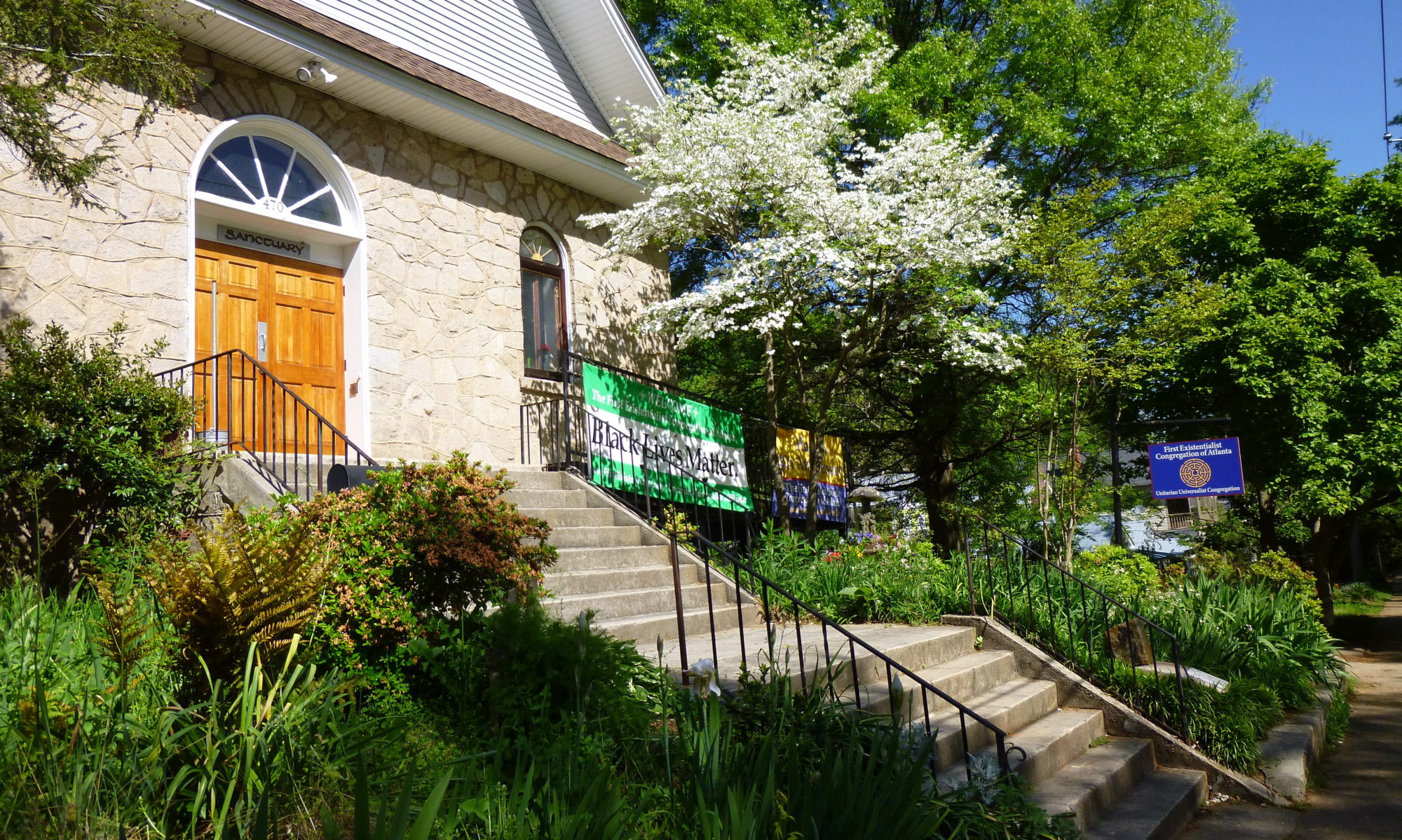WHAT? Has it been a week already? My, how time flies when you’re having fun! Or maybe it’s because without a schedule, I can’t keep track of the days.

It was a good week for me. More playing in the dirt. I even got to use my Christmas chain saw! Wahoo! And last Saturday we had a birthday party on our front deck for a friend who was feeling down because she lost her Mother in April and Sunday, Mother’s Day, would have been her Mother’s birthday. So 4 households came together, each having their own area of the deck and 6+ft apart. It wasn’t raucous fun but it was so good to see each other, laugh and celebrate. And after the celebration one of them cut my hair! These are the days when little things mean so much.
I received my mail-in ballot and have been reading about candidates for races I am not familiar with. It’s been interesting trying to find info other than campaign material. Many candidates did not respond to the League of Women Voter’s questionnaire, which gives me a negative impression. But for most offices with multiple candidates, I know pretty clearly for whom I want to vote. I hope you have requested your ballot (if not, DO IT NOW) and have checked out the views of the candidates as best I can. Every office is important. We must be informed voters and make reasoned choices. This is our city, county, state, country and our future is in our hands. (Amen)
This is Memorial Day weekend. A time to remember and honor those who have made the sacrifice for all of us. Please take time to stop and feel the importance of their gift and the loss suffered by those they left behind. I have 4 immediate relatives who have served in modern wars, 1 of their offspring who is serving now and 2 who are graduating college (UGA and West Point) this May and will immediately enter service. They and their families will be in my thoughts and heart as I feel gratitude that they are well at the same time I give thanks and honor to those who have passed.
Along with the holiday comes the opening of many businesses, parks, beaches, etc across the country. Trump is demanding that places of worship be allowed to open regardless of the local pandemic circumstances. There may be areas and conditions under which it would be safe for some to open. But with the knowledge that there are many asymptomatic people in the mix, such opening would be assuming a great risk. At First E, the Board of Directors is taking a cautious approach with no plans to set an arbitrary date to reopen, rather to let science continue to guide the process. In the meanwhile, we are enjoying the good fortune to have technology to hear/see our Sunday speakers and meet virtually afterwards. Special thanks to Patton White for his expertise and leadership in this. Continued thanks to Robert Stewart for the weekly e-blast, to Edith Covington for keeping the office running remotely and to Bill Read for… well, everything he does behind the scenes.
Are you still “being good”? It’s easy to let down your guard after so long and when the stats seem to show a decline. But now as much as in the beginning we must be vigilant and keep ourselves and others safe. That is the way we can beat this until there is a vaccine or other medical intervention. Note: I have it on good authority that COVID is not a deliberate plan by China or the Democrats unleashed to destroy the economy and Bill Gates does not plan to tract you with an implant in the vaccine. ![]()
And while you’re being good, call your mother. Or your sister. Or brother. Or son/daughter. Friend. Neighbor. Got the picture? Support, connect, share ideas, ask questions, acknowledge feelings, explore ideas, more support. Repeat.
I’ve included some funnies and an interesting article. Stay safe, be positive, know you’re missed and loved.
Rev. Marsha
How non-religious worldviews provide solace in times of crisis
Valerie van Mulukom, Cognitive Scientist, Coventry UniversityThe ConversationMay 21, 2020, 7:32 AM EDT
The saying “There are no atheists in foxholes” suggests that in stressful times people inevitably turn to God (or indeed gods). In fact, non-believers have their own set of secular worldviews which can provide them with solace in difficult times, just as religious beliefs do for the spiritually-minded.
The aim of my research for the Understanding Unbelief programme was to investigate the worldviews of non-believers, since little is known about the diversity of these non-religious beliefs, and what psychological functions they serve. I wanted to explore the idea that while non-believers may not hold religious beliefs, they still hold distinct ontological, epistemological and ethical beliefs about reality, and the idea that these secular beliefs and worldviews provide the non-religious with equivalent sources of meaning, or similar coping mechanisms, as the supernatural beliefs of religious individuals.
The number of non-believers is growing, with at least 450-500 million declared atheists worldwide – about 7% of the global adult population. But since non-believers can include not just atheists but also agnostics and so-called “nones” – the religiously unaffiliated, who might tick “no religion” in surveys – this number is likely to be much bigger. Here, we use non-believers to refer to individuals who do not believe in God, and who do not consider themselves religious.
Rationalising the fear of death
The idea that beliefs or worldviews support us in difficult times is the foundation of Terror Management Theory. This holds we fear death because we are consciously aware of the future and therefore our own inevitable demise. This fear can be so great that it can paralyse us when we try to live our everyday lives.
But we can manage this fear – through belief in God and the afterlife, for example, but equally through the knowledge that death is natural. Knowing that one day we will die, worldviews reinforce our beliefs and the identities that we build around them, and can provide comfort – by providing us with so-called symbolic immortality, for example, or feelings of connectedness to something bigger than ourselves. Here, it is the meaningfulness of the belief rather than its (religious) content that is important: among non-believers, increased stress and reminders of one’s mortality are associated with an increased belief in science.

